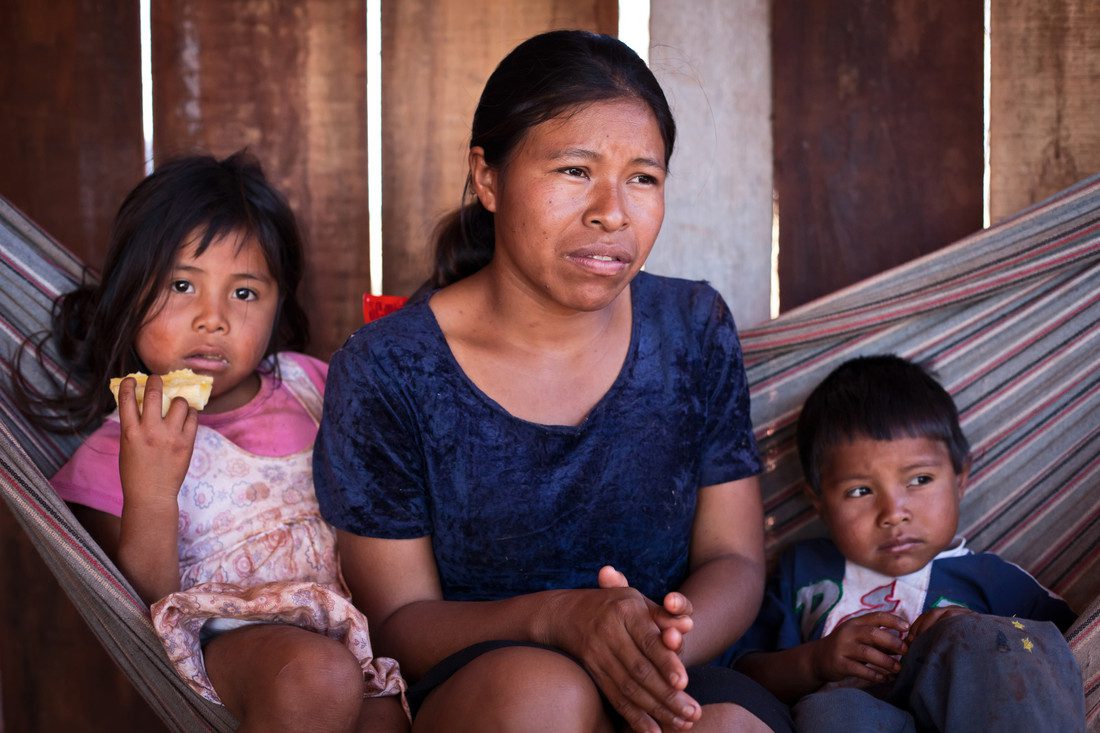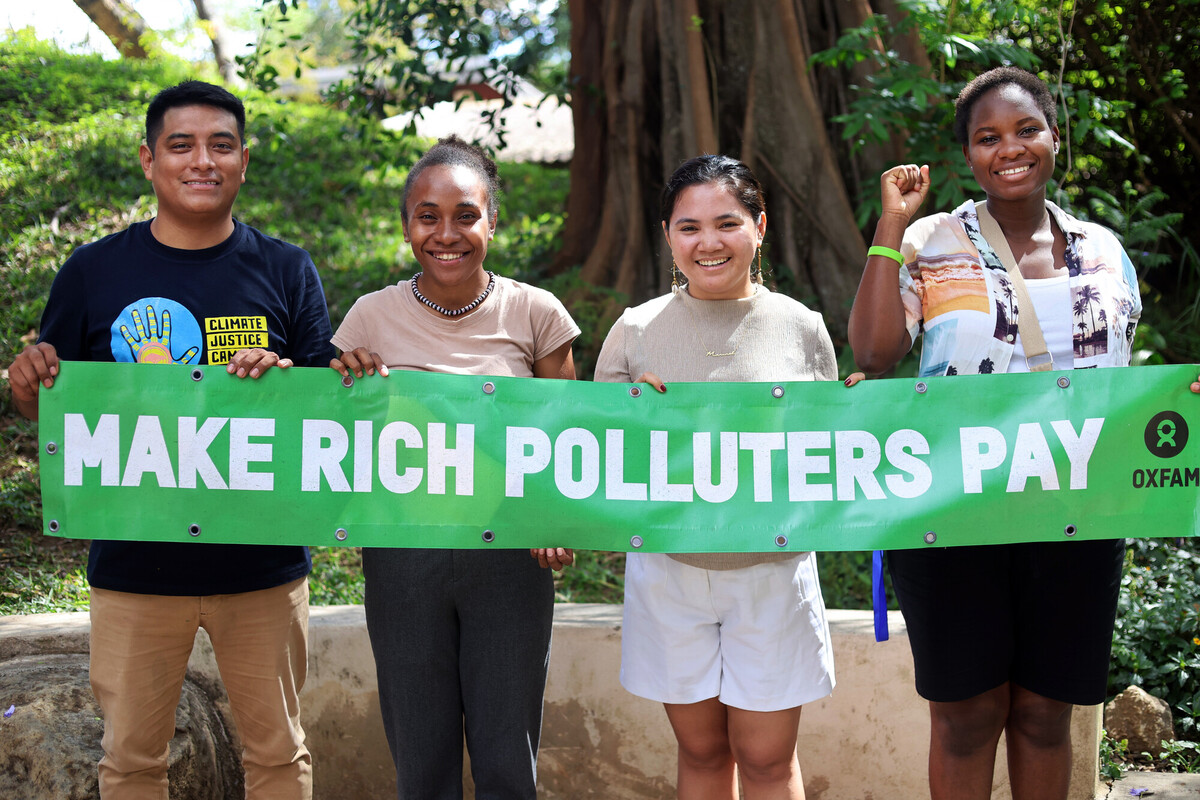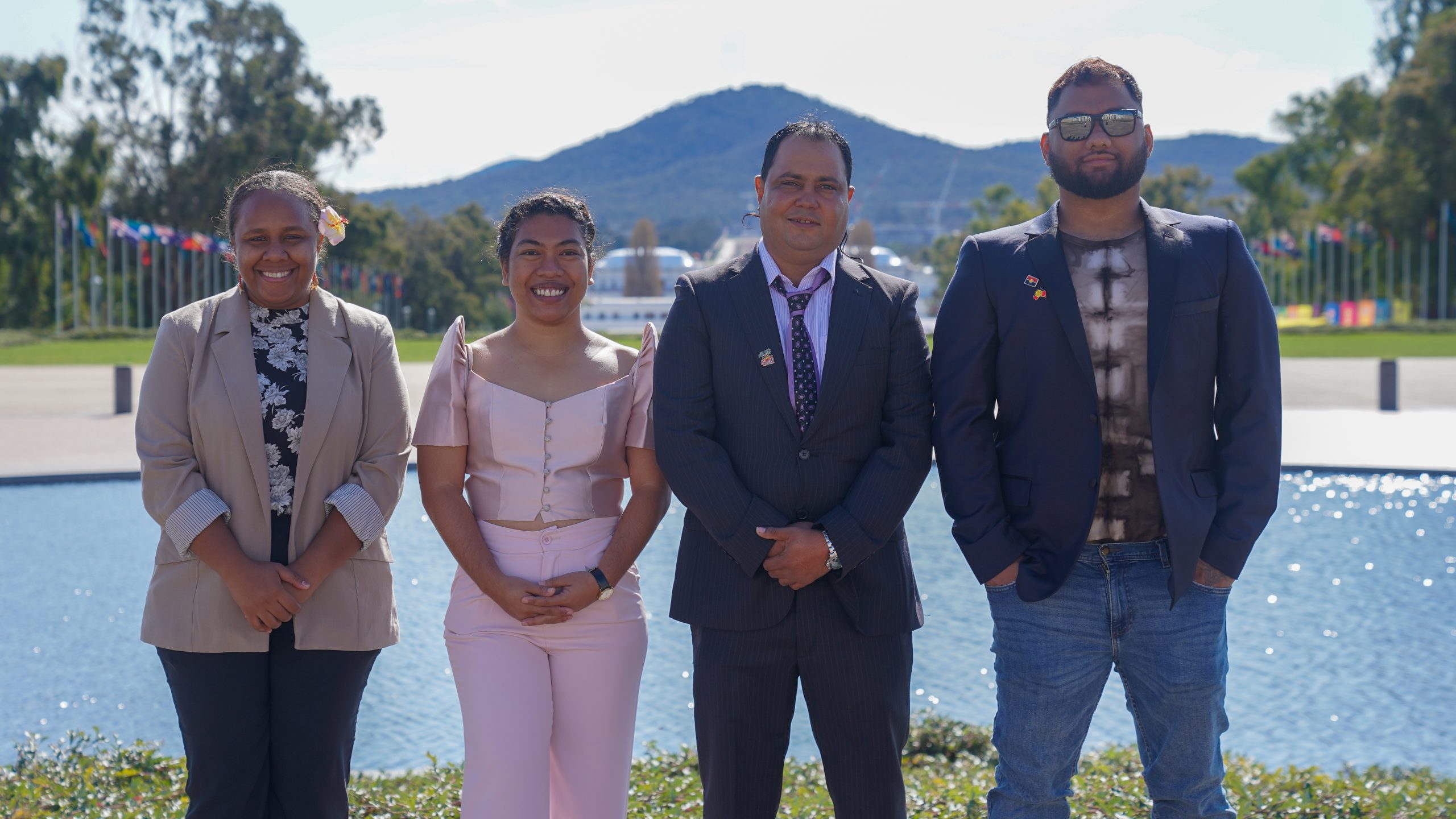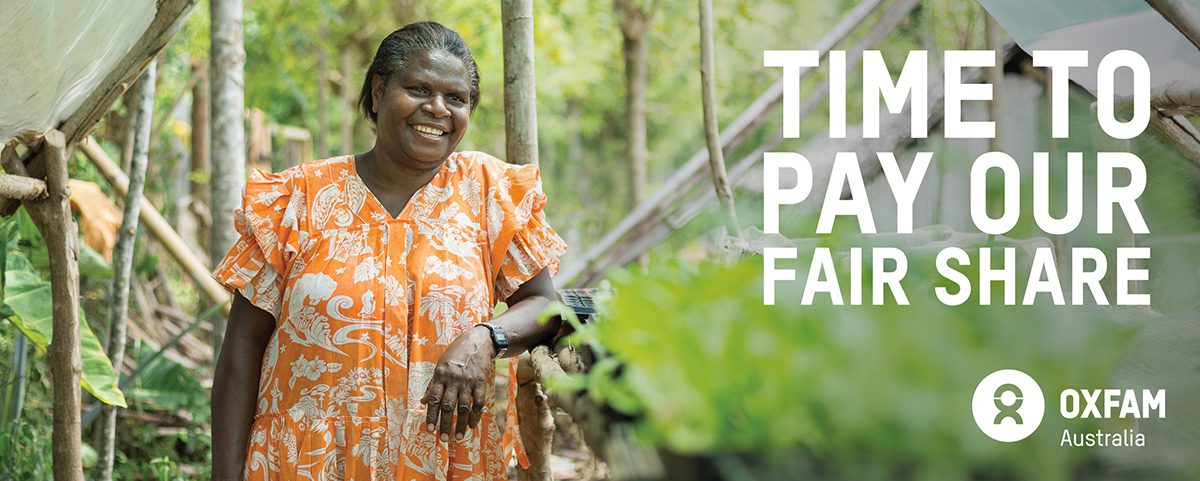Too often, the sugar in your favourite food and drinks is sourced by kicking farmers and their families off their land. This leaves people homeless and hungry. But you can change this. Tell Coca-Cola, PepsiCo and Associated British Foods (ABF) to make sure their sugar doesn’t lead to land grabs.
The truth behind sugar: anything but sweet
As global demand for sugar increases, so does the rush for land to grow it. Oxfam has found that, in countries like Brazil and Cambodia, companies that supply sugar to Coke, Pepsi, and other food and beverage giants are kicking poor farmers off their land and robbing them of their rights. Elsewhere, ABF – the biggest sugar producer in Africa – is reported as linked to a range of other unresolved land disputes.
Edilza Duarte, 24, is a Guaraní-Kaiowá mother of two, living in Ponta Porã, Mato Grosso do Sul. Her community’s land, Jatayvary, was taken from them 40 years ago. Now it’s all covered in sugar cane.
Where they used to hunt and fish and grow crops for centuries, there are now massive sugar cane farms. Edilza and her children now face hunger – they can’t hunt or fish as they used to – and serious health problems.
Land grabs like this are the sugar industries’ bitter secret – and this is not just happening in Brazil. In countries like Cambodia, families are facing the same fight for their land.
The power of you
But you have the power to help stop land grabs. More than 120,000 people around the world have already called on the world’s biggest food companies to change the way they do business. And it’s working.
And with the support of more than 50,000 people and Coldplay, we’ve already won some important victories in the fight against land grabs. Our campaigning pushed the World Bank to review its policies on land and commit to a new UN standard on land rights.
Now it’s time for these three sugar giants to act first and fast.
Stop land grabs
To make sure that their sugar doesn’t lead to land grabs, Coke, Pepsi and ABF need to:
Know how their sugar impacts communities’ access to land, and whether they and their suppliers are respecting land rights;
Show where the ingredients they use come from – and who grows them;
Act by committing to zero tolerance for land grabs, throughout their supply chains and their own operations. Work with governments and others to do the same.



